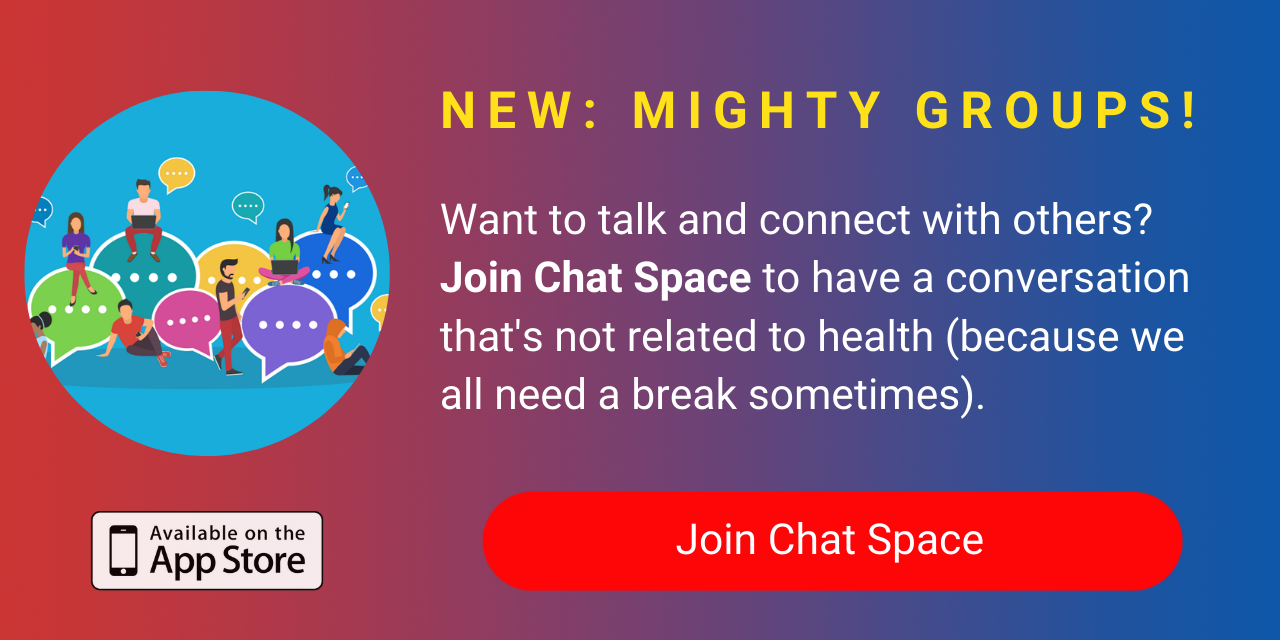People mean well. If you’ve been struggling with chronic illness (and/or mental health), odds are some very well-intentioned people have provided unsolicited advice. But here’s the thing — sometimes the advice given has an opposite effect of its intent. It is unhelpful.
As someone who loves to help, one of the biggest things I’ve learned on the receiving end is this: When advice is given without 1) trust to speak about things and 2) without the recipient’s boundaries in mind, we have what we call toxic positivity. We’ve probably all aided in this (and most likely unknowingly) — so don’t worry, you’re in good company. Toxic positivity means the uncomfortableness of pain/suffering makes us want to fix the situation ASAP. And although the intention to help is good, we miss a major thing when we skip over the pain — we miss the crucial opportunity to sit with someone in the mess.
Presence often speaks volumes over practical advice. Why, you may ask? Because it’s humbling. It’s saying to the person “I don’t know how to make this better and that’s not my job, but I’m here for you.” It’s letting go of perfection and finding beauty in the midst of brokenness. And most importantly, it’s honoring the pain of the one suffering.
There is a time and a place for speaking wisdom into another’s life, but as Brené Brown says, “You can’t be a spectator, you must be in the arena with me.”
So sit with your people in the hard places. Let go of the need to fix and be open to what your presence may bring. This isn’t easy, but loving people is worth it.
Getty image by scyther5.


